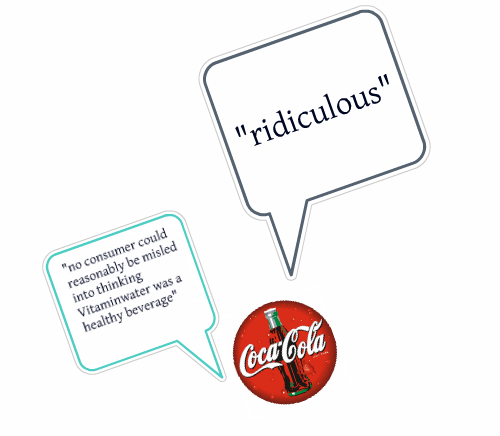Tag: coca-cola
Does Coca-Cola Have Good Social Responsibilities?
Have you been unfooled by Coca-Cola? We have been followers and fans of the way Coca-Cola runs its business. Even thought of them and their good social responsibilities as very socially responsible. Now we are not so sure. How about you? You can’t fool people all the time, not even most of the time. And people…
Examples of How to Implement Great Social Media Branding
Projecting a consistent brand image across social media is vital to the success of your business venture. Platforms such as Facebook, Instagram, LinkedIn, and Twitter are home to millions of users, and each of them provides a variety of tools and mechanisms for increasing brand awareness. Each is an effective platform to implement great social…

Social Responsibility: Does Coca-Cola Have a Good Reputation?
You can’t fool people all the time, not even most of the time. And people once unfooled, talk about the experience. That certainly is the case, Seth Godin. Have you been unfooled by Coca-Cola? We have been followers and fans of the way Coca-Cola runs its business. Even thought of them as a very socially responsible…